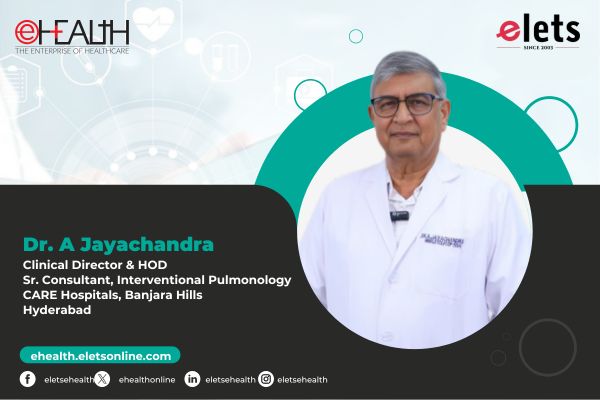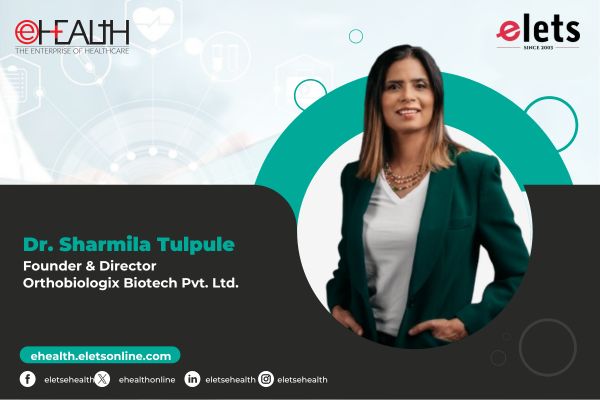
The healthcare sector is currently undergoing a rapid transformation, driven by cutting-edge technologies such as Artificial Intelligence (AI), robotics, and digital health. These innovations are reshaping patient care and hospital operations, significantly enhancing efficiency, accuracy, and health outcomes. This article explores how these technological advancements are revolutionising healthcare delivery and improving the quality of life for patients.
With the integration of these revolutionary technologies, the healthcare industry is experiencing a paradigm shift. AI, robotics, telemedicine, and big data analytics are redefining how hospitals function, transforming diagnosis, treatment, and overall healthcare management. These innovations not only improve patient outcomes but also streamline hospital workflows, reduce costs, and empower medical professionals to make informed decisions.

Key Technologies Transforming Healthcare

- Artificial Intelligence (AI) in Diagnosis and Decision-Making
AI-powered tools are revolutionising diagnostics by enabling early disease detection, predictive analytics, and personalised treatment plans. Machine learning algorithms can analyse large volumes of medical data to identify patterns that aid in diagnosing conditions like cancer, cardiovascular diseases, and neurological disorders—faster and with greater accuracy.
AI-driven clinical decision support systems help doctors recommend optimal treatment approaches, reduce medical errors, and improve patient outcomes. Today, AI is being utilised throughout the continuum of care—from prevention and diagnosis to treatment and recovery. It also contributes to lowering healthcare costs and enabling personalised patient care.

In pediatric healthcare, AI allows for early detection of diseases, creation of personalised treatment plans, and improved outcomes. For example, in oncology, AI can analyse the genetic profile of a child’s tumour to identify mutations and determine the most effective therapies, minimising complications and side effects.

- Robotic Surgery and Automation
Robotics is revolutionising minimally invasive surgeries by offering high precision, reduced recovery time, and a lower risk of complications. Robotic-assisted procedures provide surgeons with enhanced dexterity and visualisation, which leads to safer and more effective outcomes.
This technology enables smaller incisions, less tissue damage, reduced blood loss, and shorter hospital stays, improving the overall surgical experience. Robotic surgery is now commonly used for various complex procedures, combining flexibility and accuracy without causing patient discomfort.
- Telemedicine and Remote Patient Monitoring
Telemedicine has significantly improved healthcare accessibility by enabling remote consultations and reducing hospital burden, especially in underserved and rural areas. Patients can now consult with doctors via phone or video calls, allowing for timely medical intervention and continuity of care.
Telemedicine benefits both patients and doctors by enhancing convenience, lowering costs, and ensuring that essential care reaches those in need, potentially even saving lives in emergencies.
- Blockchain for Data Security and Interoperability
Blockchain technology ensures the integrity, confidentiality, and interoperability of patient health records. It provides secure, tamper-proof data sharing across healthcare systems, enabling seamless collaboration among healthcare providers while protecting sensitive patient information. - 3D Printing for Customised Care
3D printing has emerged as a game-changing innovation, enabling the creation of customised prosthetics, implants, and even organ tissues. This technology supports patient-specific treatments and has been widely adopted by medical professionals to improve clinical outcomes and enhance patient care. - Wearable Health Tech and Smart Devices
Wearable technology—such as smartwatches and fitness trackers—allows individuals to monitor vital health metrics including heart rate, oxygen levels, and sleep patterns. These devices provide real-time data, which can be shared with healthcare providers for timely and proactive medical interventions.
By empowering patients to take charge of their own health and facilitating ongoing communication with doctors, wearable tech is transforming preventive healthcare and chronic disease management.
Also Read :- Strengthening the Healthcare Supply Chain: The Critical Role of Credit Risk Management
The Take-Home Message
The integration of revolutionary healthcare technologies is reshaping the future of patient care and hospital operations, making healthcare more accurate, efficient, and patient-centric. Technologies like AI, robotics, telemedicine, and others are driving advancements in diagnosis, treatment, and disease management, while also reducing operational costs.
As highlighted, these innovations are indeed a boon to the healthcare ecosystem, promising a smarter and healthier future for all.
Views expressed by Dr. Minnie Bodhanwala, CEO, Bai Jerbai Wadia Hospital for Children
Be a part of Elets Collaborative Initiatives. Join Us for Upcoming Events and explore business opportunities. Like us on Facebook , connect with us on LinkedIn and follow us on Twitter , Instagram.
"Exciting news! Elets technomedia is now on WhatsApp Channels Subscribe today by clicking the link and stay updated with the latest insights!" Click here!
















